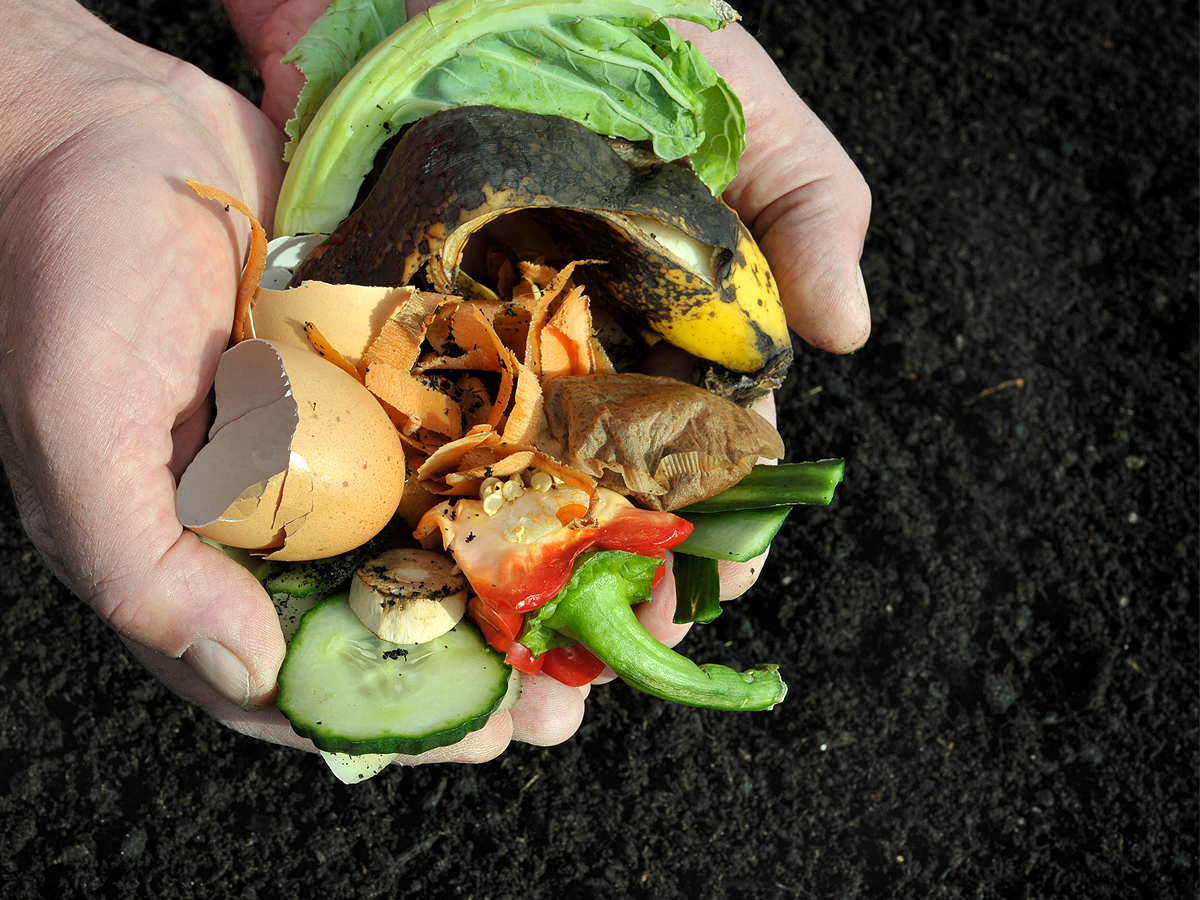The ABCs of Composting
July 25, 2020
Backyard gardeners everywhere love composting. Of course, ranchers and farmers have been composting long before it was cool. That’s because composting helps reduce waste and adds nutrients to the soil, making it ideal for growing plants and vegetables. Whether you’re a composting commando or a newcomer, we’ve compiled some tips to help turn your leaves and other plant material into dirt delight.
Why Compost?
When you compost, the soil you create is aerated (allowing for more airflow and water retention), supports bacteria growth, and gives plants the nitrogen, phosphorous, potassium, manganese, copper, iron, and zinc needed for optimal growth. By allowing Mother Nature to do her thing (decomposing dead plant material) you can easily create mulch that can be tilled into your garden or set on top of flower beds for a boost in nutrients.
Making Compost
Composting isn’t difficult. You can simply pile leaves, grass clippings, kitchen scraps, fruit peelings, coffee grounds, eggshells, straw, newspaper, and other material into a pile and let heat and decay take over. You’ll know it's ready for harvest when it turns into humus (a black, crumbly material).
If you’re limited on space, try building a small composter or buying a prefabricated unit. These often speed the decay process by enclosing the plant materials in a black plastic container.
Where you put your compost pile is very important as well. Keep it in an open area with good drainage and partial sun. Additionally, be sure your pile never gets to be more than 3 feet high or 5 feet wide, and that there is plenty of moisture and circulation. If needed, add just enough water so that your pile is wet but not soggy. Use a pitchfork every other week or more to flip and mix portions of your pile for added aeration.
Coastal Tip: Never add meat, fat, dog feces, coal or cat litter to your compost.
Compost Your Farm Refuse
If you have livestock, you have some of the best compost materials around. Whether it’s horse or cow manure, or urine-soaked shavings from today’s stall cleanup, adding your animal’s waste can really turn up the heat up on your endeavors. You might even add soil that’s been removed from a mud-soaked barn. Just make sure you’re adding materials that are biodegradable. After all, you’ll be using that same compost in your garden or around your flowerbeds. Adding the right materials will yield the best results.
Coastal Tip: Layer your compost pile between green (grass clippings) and brown (twigs, leaves) materials.
Don’t be in a Rush
Composting is not an exact science. Depending on what you add to your compost, decomposition can take months or a full year. To speed your compost along, try layering your materials. Add bulkier ingredients on the ground level (this includes twigs, leaves, straw, as well as horse and cow manure). The next layer should include kitchen waste, grass clippings, and other greens. As your pile grows, adding layers in this order will help with decomposition.
Want to really speed your compost pile along? Add small amounts of nitrogen-rich fertilizers to several layers. This can be the same fertilizer you use on your lawn or leftovers from the previous year.
Coastal Tip: Unless you want to encourage plant diseases or invite weeds, do not add diseased plant materials or weeds that have gone to seed to your compost.
Coastal Knows Composting
You’ll find everything you need to create rich compost, including tools and fertilizers at your nearby Coastal. Don’t have time to create your own compost this year? We have all the Black Gold All Purpose Potting Soil you need in 1.5 cubic foot bags. Just ask about adding nutrients to your soil and our experts will show you the way.
Quick and easy composting tips…
Never add meat, fat, bones, dog feces, coal, ash, or cat litter to your compost.
Unless you want to encourage plant diseases or invite weeds, do not add diseased plant materials or weeds that have gone to seed to your compost.
Layer your compost pile between green (grass clippings) and brown (twigs, leaves) materials.
